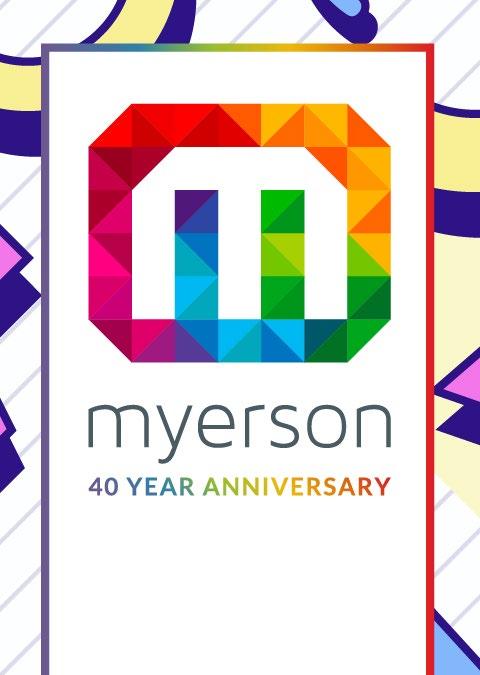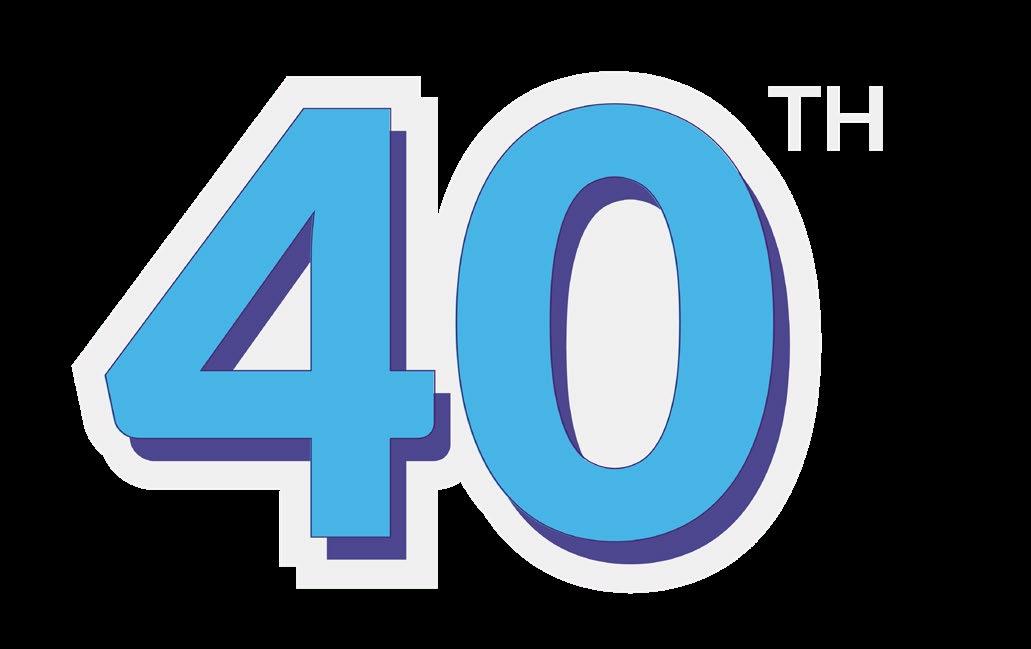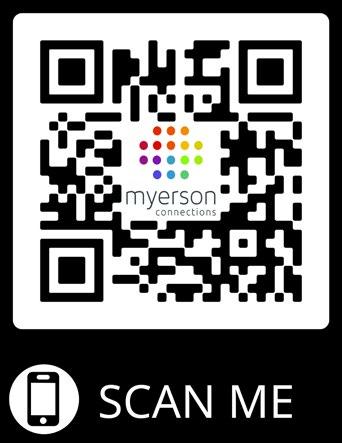
2 minute read
MAGAZINE
Myerson Celebrates Its 40 th Year Milestone
We celebrated by taking our 400 guests through the last four decades on every floor of the Myerson office. Page 06
Advertisement

Featured in this issue...
I’ve been offered a new job – what should I look out for in my contract?
7 Common mistakes when divorcing
The Residential Property Market Page 10 Page 02 Page 04 Page 08
After the death of your mother or father, can a sibling live in the house?
At Myerson we host a range of free webinars and events. If you would like more information or to be included in our newsletters please contact events@myerson.co.uk or visit www.myerson.co.uk
When should I review my employment contract?

The time to review the terms of the contract is prior to accepting and commencing your new job.
It’s important to ensure that the contract delivers everything you’ve been promised and you also want to make sure that you’re not bound by anything particularly onerous. This is particularly the case if your contract includes restrictive covenants. While these won’t affect you now, they will be relevant if your employment comes to an end and, if you have already accepted the terms of the contract, it’s very difficult to negotiate these later down the line.
It is, therefore, advisable that, prior to accepting and starting your new job, you fully review your contract and seek specialist legal advice surrounding the terms to help you understand your obligations and the covenants you may be bound by.
If you do not agree to specific terms or obligations, you could enter into negotiations with your employer to seek variation or amendment. While you may need to consider the consequences of disagreeing, it’s certainly better to start a new job being clear on all the terms rather than getting caught out at some point in the future.
Can restrictive covenants be too onerous?
While it’s easy to get caught up in the excitement of being offered a new job, you should take some time to review the terms of your contract to ensure you understand the rights and obligations that both you and your employer will be bound by during (and possibly after) employment.
You should receive your contract on or before the start date of your employment and amongst other things, it should include details of:
• Your job title or a description of work and your start date
• How much and how often you will get paid
• Your place of work
• The hours and days of work and if and how they may vary
• Your holiday and any other paid leave entitlement
• The notice required by either party to terminate the employment
• Any training that the employer requires you to complete
In addition , the contract may include obligations regarding confidential informationrestricting your use or disclosure of business information – or restrictive covenants - restricting your ability to contact or work with customers, clients or staff or work in a specific location or industry for a period of time after the termination of your employment.
If your new contract does include restrictive covenants, then you will need to consider whether these are too onerous and whether they effectively stop you from being able to work.
To be enforceable, restrictions should only go as far as necessary to protect the company’s legitimate business interest. The restriction and any restrictive period should, therefore, be tailored to your job role, level of seniority and the risk you pose to the company should you leave.
If you consider the restrictions to be too onerous, you should seek advice as to their enforceability to ensure you understand your future obligations.
If you need any assistance regarding your rights and obligations under the employment contract, please contact our specialist Employment Team below.












